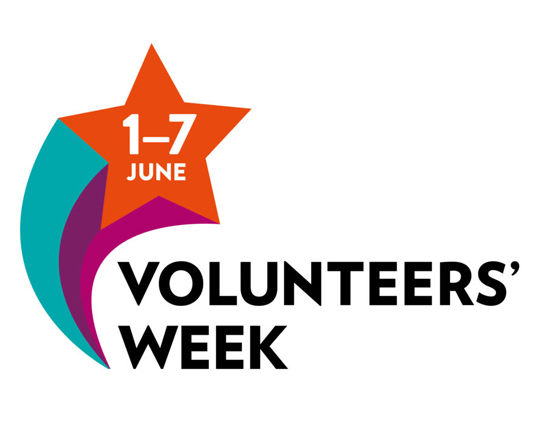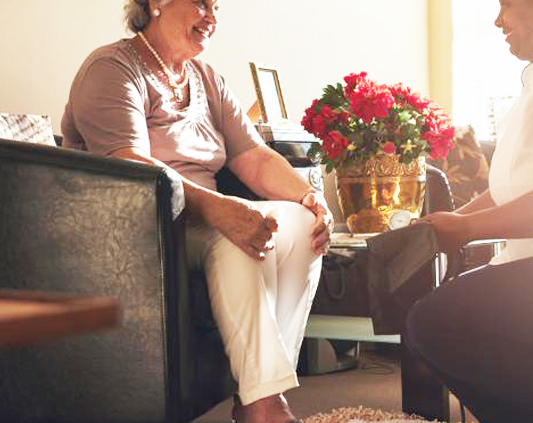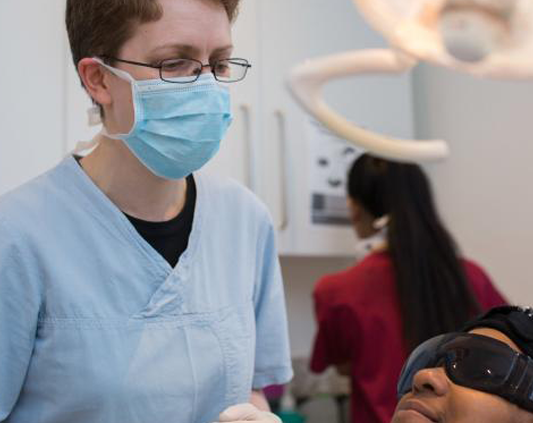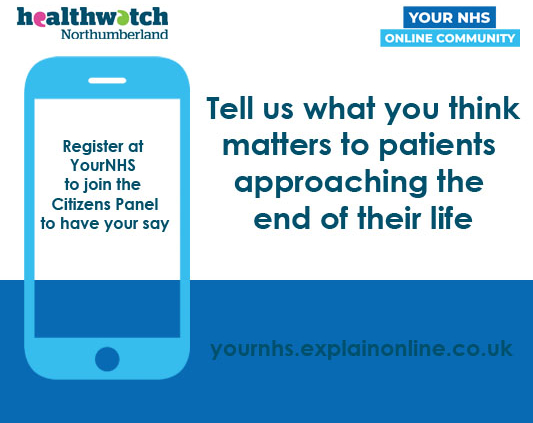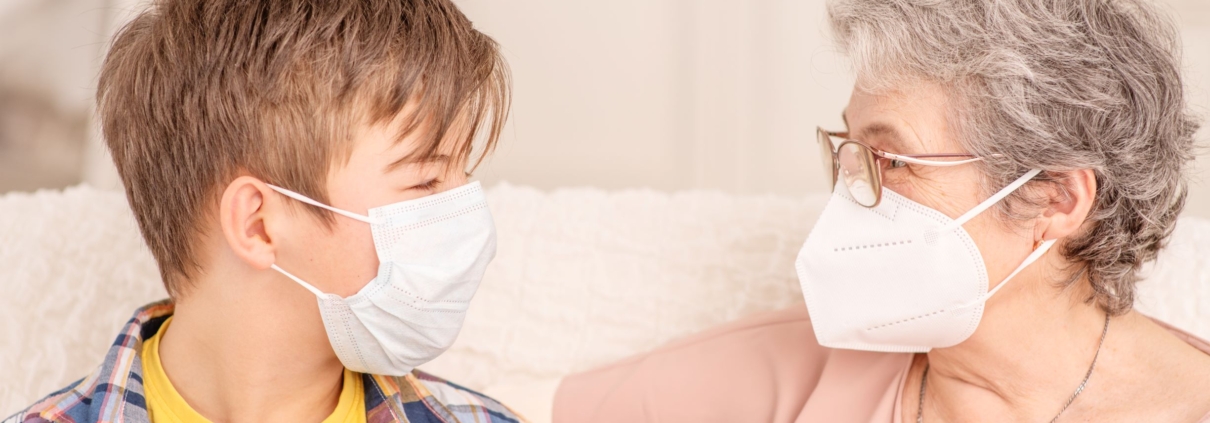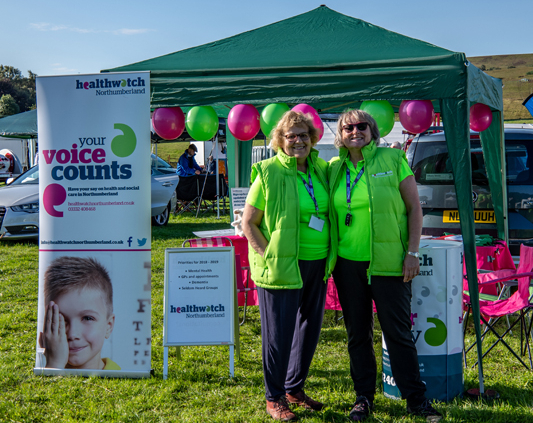Access to NHS dental care continues to be a problem for people across England, with Healthwatch recording a 22% rise in calls and complaints about dentistry between January and March 2021.
Healthwatch England’s review of 1,375 people’s experiences found a lack of consistency across the country when it comes to accessing a dental appointment. Whilst some people were asked to wait an unreasonable time of up to three years for an NHS appointment, those able to afford private care could get an appointment within a week.
High cost of dental care
Whilst some people were charged £400 to get one tooth out, an individual reported being asked to pay over £7,000 for their dentures privately. But private treatment is not an option for everyone, with many people now struggling to pay even for NHS treatment. A poll of 2,019 adults commissioned by Healthwatch England found 61% of respondents felt that NHS dental treatments were expensive. The poll, which looked at people’s experiences of NHS dentistry during the pandemic and how it has impacted their future habits, found the following:
People’s experiences of NHS dental charges
- Over a quarter (27%) of respondents said they either struggle to pay or avoid dental treatments altogether because they cannot afford the costs.
- About one in three (30%) have reported they felt pressured into paying private fees to get all the dental treatment they needed. And nearly two in five (39%) reported that they had been charged extra for their NHS treatments.
- Almost a quarter (23%) feel they will now visit the dentist only when they need treatment, despite clinical guidelines recommending regular dental check-ups to keep people’s mouths healthy.
- Demographic groups who have been affected the most by the lack of NHS dental appointments and NHS dental fees include people on low incomes and those from ethnic minority groups – the same groups who have been worst hit by the COVID-19 pandemic.
- Calling for equitable and affordable dental care
Reform of dentistry has been underway since 2009. Earlier this year, it was announced that NHS England would be taking over the process from the Department of Health and Social Care, but reform plans have yet to be announced.
In a recent report on the future of the NHS, the Lancet Commission stressed ‘an absence of affordability is a major barrier to dental care’ and suggested an abolition of patients’ co-payments to access and receive dental care.
We call for greater ambition and urgency from NHS dental reform plans to create more equitable and affordable dental care.
Imelda Redmond CBE, National Director of Healthwatch England, said “The twin crisis of access and affordability hitting NHS dentistry means many people are not able to access timely care – and the poorest are hardest hit. Those human stories show that oral health is a social justice and equity issue.
Reform of dental contracts needs to be a matter of urgency for this government. New arrangements should include making access to NHS dental services equal and affordable for everyone, regardless of where people live, their income and ethnicity. Failing to act now will result in long-term harm for thousands of people, putting even greater pressure on the already overstretched healthcare system.”
Income and regional disparities
Almost twice as many people from lower socio-economic groups (SEG) D and E struggle or can’t afford to pay NHS dental charges (37%) than people from the higher socio-economic group, A, (19%). As a result, people from SEG D and E are also twice as likely to avoid dental care due to affordability issues.
People living in the North East of England are the most likely to avoid NHS dental treatment due to costs (13%), compared with just one in 30 (3%) who live in the South West. Despite this, people in the North East have been charged for NHS dental treatments the most (29%), while people in the South West were charged the least (13%).
People from ethnic minority groups
Just over a quarter of people from ethnic minority communities (26%) reported they would go to the dentist for regular check-ups, compared to two in five (41%) of White people. The survey also found that people aged over 55 from ethnic minority groups who are on low incomes were six times more likely to report avoiding dental treatments due to costs than their White counterparts.
If you would like to tell us your experiences of dental care over the last 12 months please get in touch.

